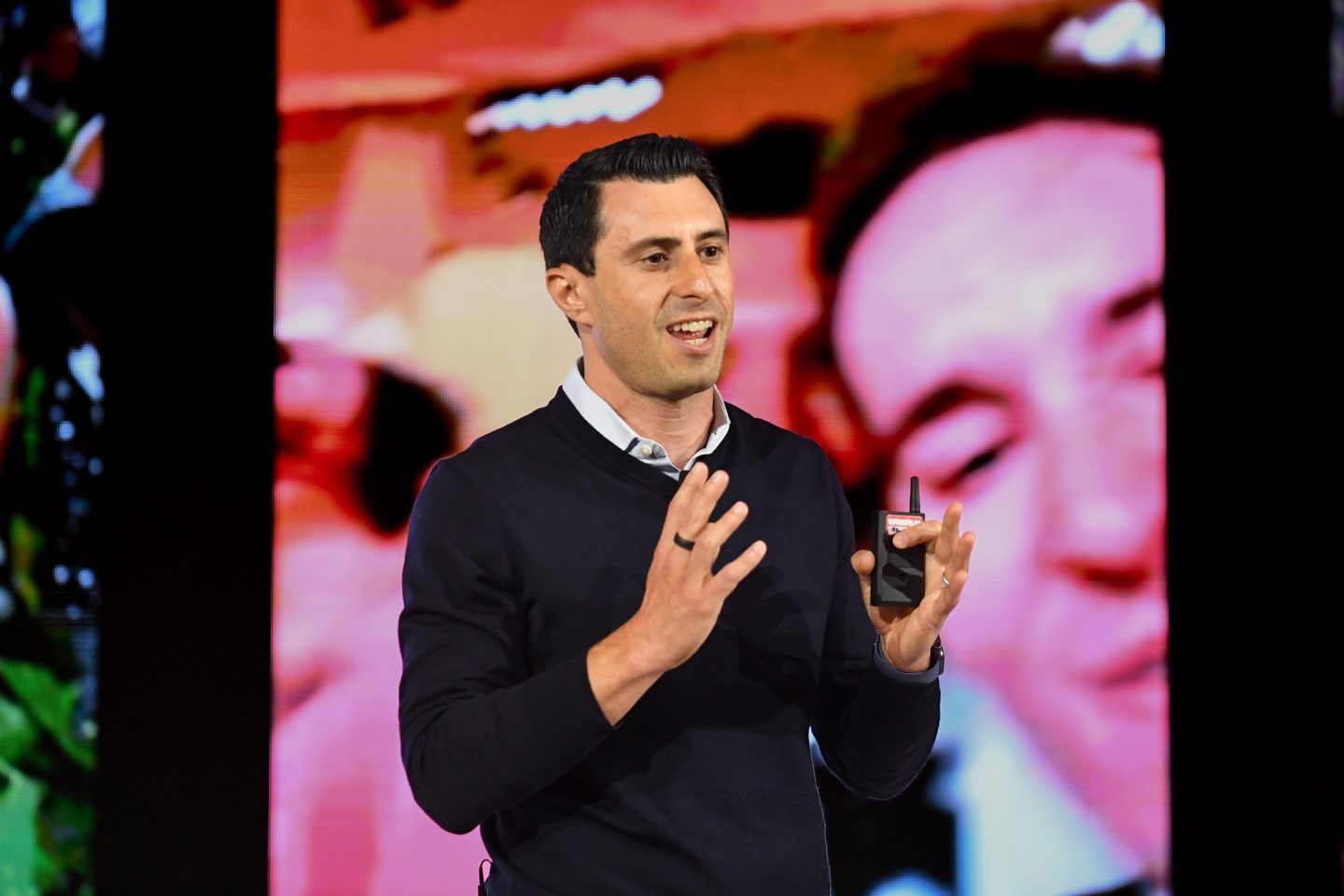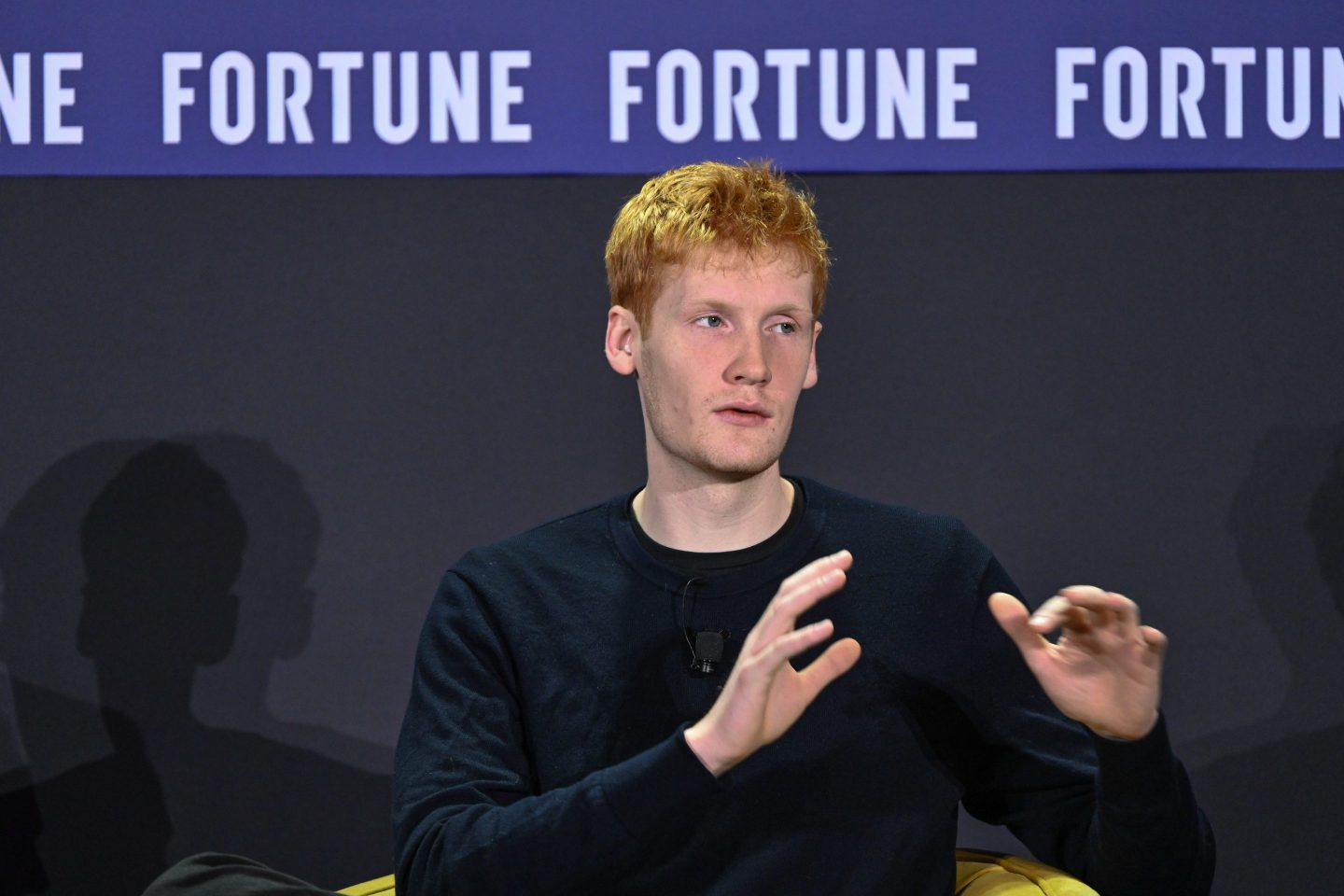The University of Cambridge gave the public free access to Stephen Hawking’s 1966 doctoral thesis, and unexpected demand crashed some of the venerable institution’s servers.
Access to the theoretical physicist’s 1966 thesis, entitled “Properties of Expanding Universes,” previously cost £65 ($86), either for a scan or for the opportunity to physically read the document. However, the University of Cambridge put the thesis onto its Apollo open-access repository on Monday, in a celebration of Open Access Week 2017.
“Anyone, anywhere in the world should have free, unhindered access to not just my research, but to the research of every great and enquiring mind across the spectrum of human understanding,” the Brief History of Time author said in a statement.
“Each generation stands on the shoulders of those who have gone before them… It’s wonderful to hear how many people have already shown an interest in downloading my thesis–hopefully they won’t be disappointed now that they finally have access to it!”
Unfortunately, some people were disappointed, because a flurry of demand hammered the Apollo servers, rendering the document occasionally inaccessible. According to the BBC, there were more than 60,000 downloads of it on the first day alone.
“As a result, visitors to our Open Access site may find that it is performing slower than usual and may at times be temporarily unavailable,” a university spokesperson told the Guardian.
Access was still a little shaky on Tuesday morning, but here’s a direct link to a reduced-size version of the thesis.
The incident comes in the middle of a raging debate over open access to scientific papers, many of which cost a great deal for the public to access despite the fact that they are largely produced by publicly-funded institutions.
A few months back, the academic publisher Elsevier won a lawsuit again two portals called Sci-Hub and LibGen, which let people access academic research for free.
Publishers are also battling ResearchGate, a Bill Gates-backed startup that lets scientists freely show their work to the public in order to encourage collaboration across countries and disciplines.










